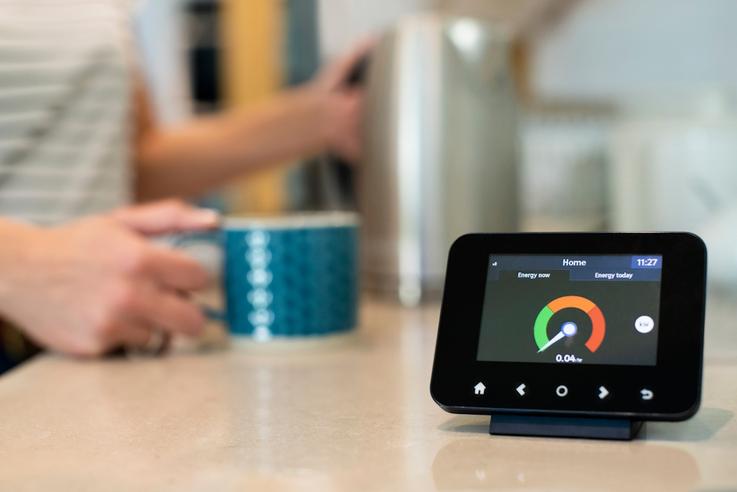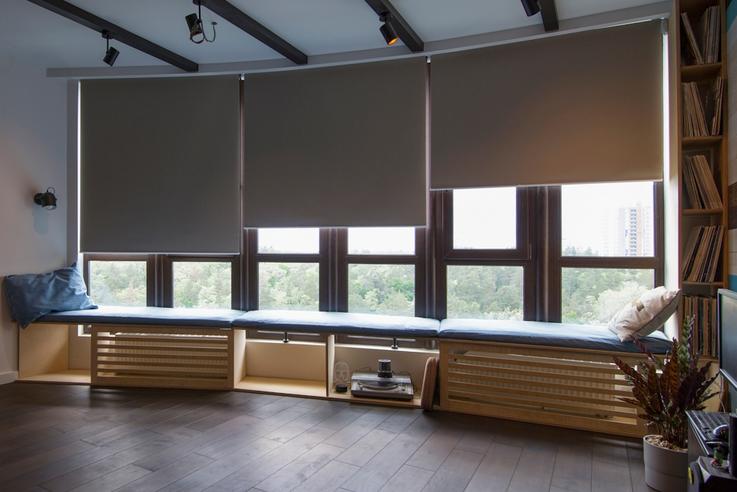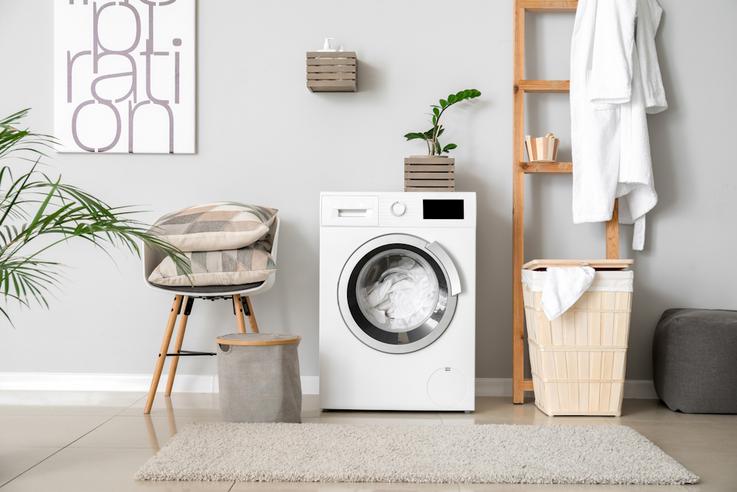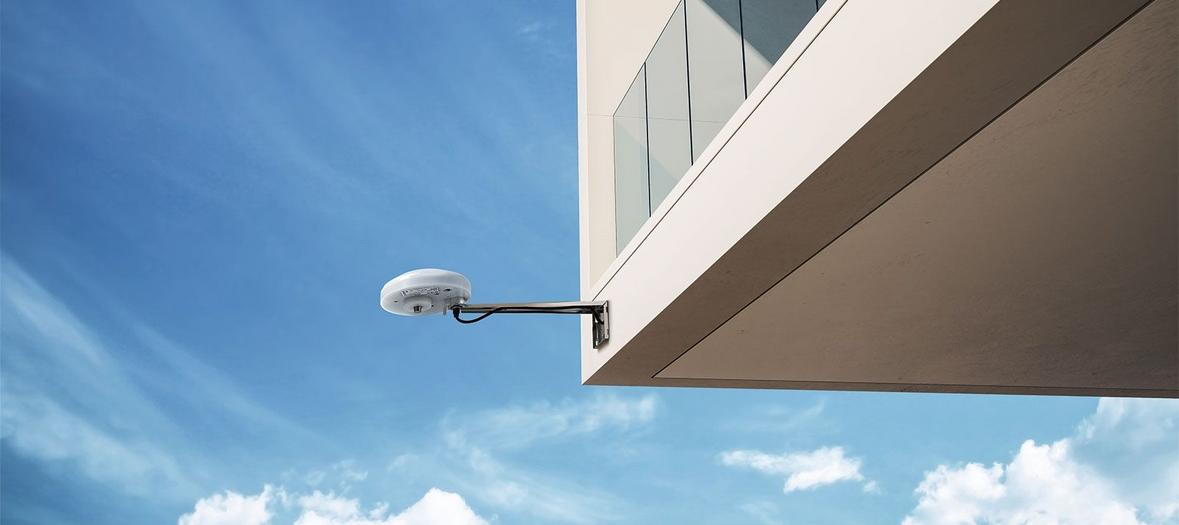07. Jul 2023
Smart home technology and its impact on home energy efficiency
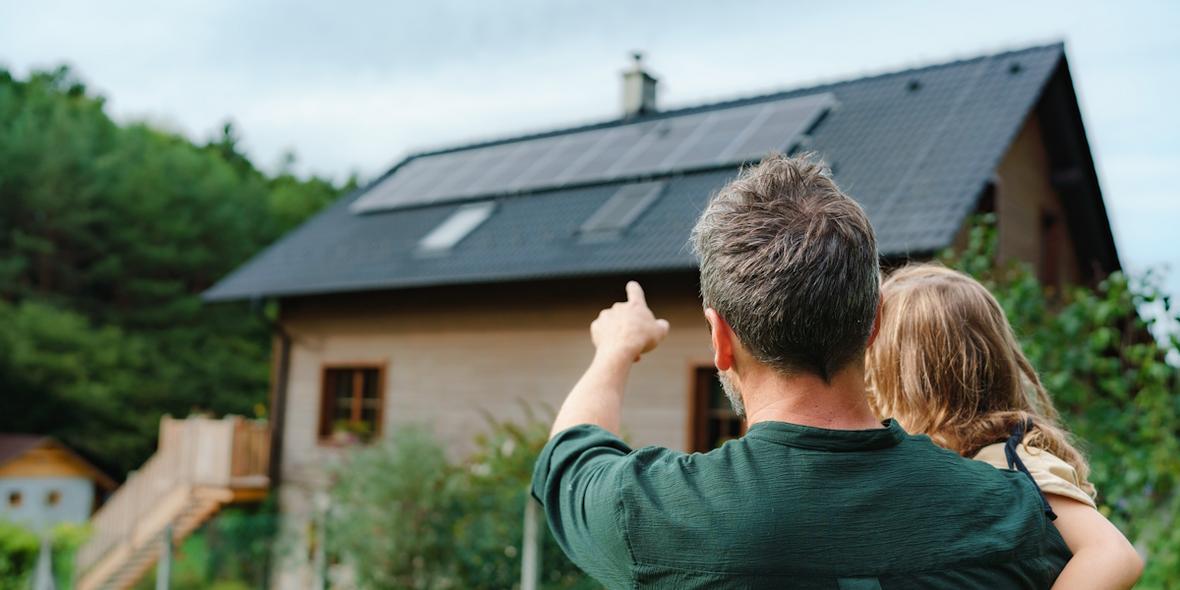
Keeping track of your energy consumption
Being aware of the energy consumption of your home is key when trying to keep your energy costs low and improve the energy efficiency. Luckily, smart home devices, more specifically energy meters, can track the energy usage of your home in real time, providing you with insights about your energy consumption.
This awareness can help you identify areas of high energy consumption, allowing you to make informed decisions about energy usage and implement energy-saving measures.
On top of tracking real-time, smart meters also record long-term data, making it possible to analyze your energy consumption over time and create detailed reports that can help you improve the efficiency of your smart home.
Multiple KNX manufacturers offer an array of
smart energy meters compatible with your KNX smart home. Here are some of our
smart energy meter manufacturers:
- ABB - ABB’s smart solutions for energy metering and monitoring have proven to be flexible and generate an improvement of almost 7% in energy efficiency. On top of that, connecting the meter to your smart home system takes only 10 minutes, having you monitoring your energy consumption in no time!
- Hager - Hager's smart energy meters are real data generators, providing you with all the data you need to analyze your smart home. A better understanding of your smart home and its energy usage helps you make the right decisions.
- Lingg & Janke - Lingg & Janke smart devices offer long-term data recording, further processing of your energy data, data read-out and representation, usage of data for consumption billing, and remote diagnosis.
Automation and scheduling
One of the biggest perks of a smart home is that it can be entirely tailored to your schedule and automated to make your life easier. But these functionalities can also be used to optimize the energy efficiency of your smart home.
Smart thermostats — e.g. the capacitive KNX thermostat by Eelectron — and lighting systems can be programmed to adjust temperature and lighting based on occupancy or time of day.
By automatically optimizing these settings, energy waste is minimized. For example, heating or cooling systems can be adjusted when residents are away from home or asleep, ensuring energy is not wasted on empty rooms.
You can even go as far as making your washing machine switch on when your home’s solar energy system has generated a sufficient amount of wattage, saving you even more energy and money without having to do anything.
Smart motion sensors also prove to be great tools to get your energy bills as low as possible. Read all about smart motion sensors and how you should install them for the best results possible.
Total (remote) control
The ability to control your smart home from a distance is one of the biggest reasons smart home technology makes it possible to enhance the energy efficiency of your home. By allowing you to control and manage all of your devices and systems from a distance, you can actively monitor and optimize energy usage, resulting in energy savings.
Homeowners can, for example, remotely access and adjust their lighting systems. Like turning off lights in empty rooms or reducing brightness levels in areas with sufficient natural light. They can also remotely manage their heating, ventilation, and air conditioning (HVAC) systems, turning off the HVAC system when they are away or adjusting temperature settings based on occupancy patterns. For instance, if unexpected changes in plans occur, they can remotely modify the temperature to avoid heating or cooling an empty house.
This even applies for household appliances such as washing machines, dishwashers, and refrigerators. Making it possible to monitor and control the operation of your appliances from your smartphones or other devices. For example, delaying the start of a washing machine cycle to leverage off-peak energy rates or receive alerts when a refrigerator door is left open, reducing energy waste.
Touching back on energy monitoring devices, these devices can provide you with real-time energy consumption stats through notifications or reports, enabling you to identify energy-intensive areas or appliances and make informed decisions to reduce energy usage without even being at home.
Integration and Optimization
No doubt there are many ways smart home technologies can ensure a more energy efficient lifestyle and significantly reduce energy bills. But all these individual devices and technologies are at their best when used together and fully integrated into your smart home, allowing them to work together to optimize energy efficiency.
Integrating and optimizing smart home systems creates a seamless collaboration between devices and sensors, all working together to conserve energy and keep our homes comfortable. For example, your smart thermostat can communicate with your smart window sensors to adjust temperature settings when they are opened, preventing heating or cooling wastage.
Or think of occupancy sensors and lighting systems. They collaborate seamlessly to turn off lights in unoccupied rooms, ensuring electricity isn't wasted on an empty stage. And let's not forget about the weather data. By tapping into external temperature conditions, the smart home system can make adjustments to maintain a comfortable indoor climate without excessive energy consumption. It's like having a personal climate manager who knows how to adapt to the ever-changing weather.
For example, Gira’s Weather Station Plus for KNX measures nine different meteorological parameters and transmits the data straight to your in-house KNX system. Connected devices then react accordingly: blinds are lowered when the sun starts shining, outdoor lighting switches on when night falls, air conditioning turns on when a certain temperature is exceeded, ….
Want to know even more about how a smart home can help you build a more sustainable smart home?
Home energy revolutionized
Embracing the potential of smart homes becomes increasingly vital as we face energy crises and climate change. By adopting efficient energy consumptionIn conclusion, smart home technology, with its remote control capabilities, integration of devices and sensors, and optimization features, has revolutionized home energy efficiency. By empowering homeowners to monitor and manage their energy usage from afar, smart home systems enable intelligent decision-making, preventing wastage, and promoting sustainable practices. With the perfect choreography between devices, our homes become energy-efficient havens, where comfort and conservation dance hand in hand, ensuring a brighter future for both our planet and our wallets.
Highlights
-
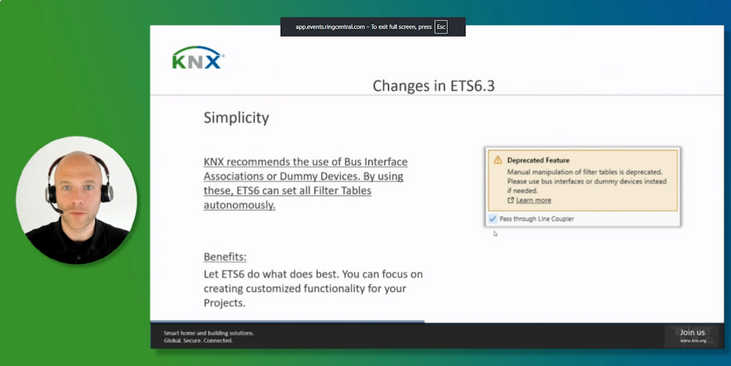 Press
PressETS6 Roadshow 2025 marks global success, showcases power of ETS6.3
ETS6 takes center stage during the month of May with 24 roadshow stops all over the world. -
 News
NewsThe KNX Journal 2025 is now available
The latest edition of our annual smart home and building solutions magazine has arrived. The KNX Journal 2025 offers ... -
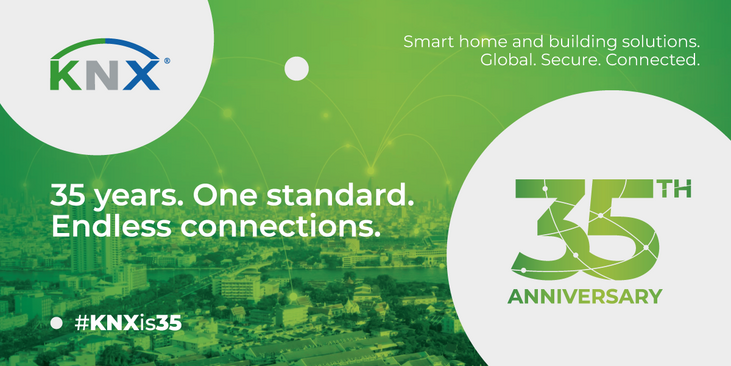 KNXtoday
KNXtoday#KNXis35: KNX history and evolution
KNX is 35. This worldwide building control standard, initiated by a handful of visionary European manufacturers, now has ...

